Tulchyn
Tulchyn [Тулчин; Tul’čyn]. Map: V-9. A city (2005 pop 16,136) on the Silnytsia River and a raion center in Vinnytsia oblast. It was first mentioned in historical documents in 1607, as the town of Nestervar. In 1648 it was liberated from Poland by Maksym Kryvonis and Ivan Hanzha, but in 1667 it was returned under the Treaty of Andrusovo. In 1672–99 Tulchyn was occupied by the Turks. In 1729 the town and its environs was purchased by Stanisław Szczęsny Potocki for his family residence. In the 1770s the town rebelled against the Polish overlords during the haidamaka uprisings. In 1787 it was granted the rights of Magdeburg law. It was annexed by the Russian Empire in 1793 and became a county center of Bratslav vicegerency. In the 1820s Tulchyn was an important center of the Decembrist movement and a local council of the Union of Welfare was located here. By 1859 its population had reached 11,200, and by 1897, 23,300. At the beginning of the 20th century there were about 40 small enterprises in Tulchyn. Today it is an agricultural town with a mixed-feed factory, a cannery, a meat-packing plant, a footwear factory, and a furniture factory. Its chief architectural monuments are the remains of an 18th- to 19th-century Potocki palace (photo: Potocki palace ensamble; small palace), the Dormition Church and its bell tower (1789), an 18th-century Dominican monastery with the Cathedral of Christ's Nativity (1780s), and 18th- and 19th-century residential buildings.
[This article originally appeared in the Encyclopedia of Ukraine, vol. 5 (1993).]
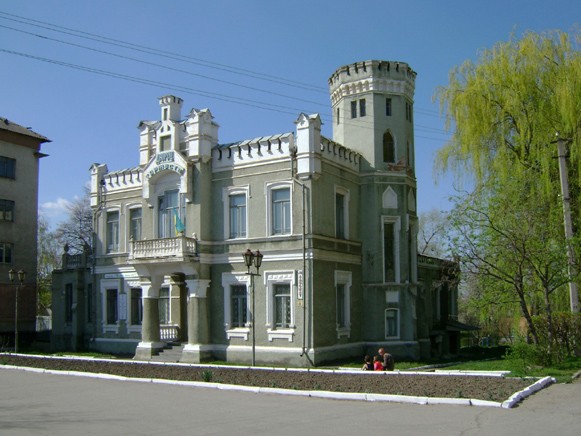
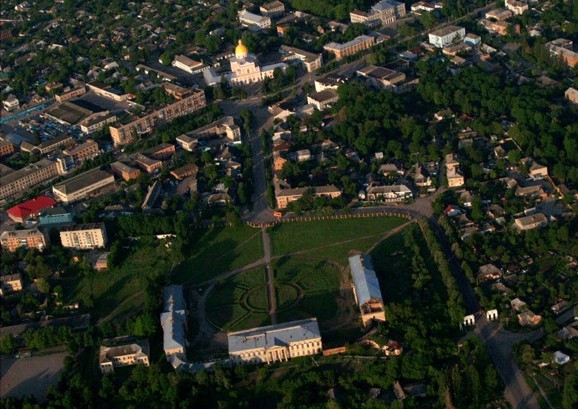
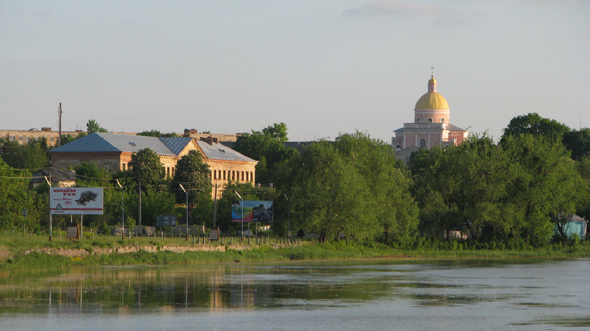
.jpg)

.jpg)
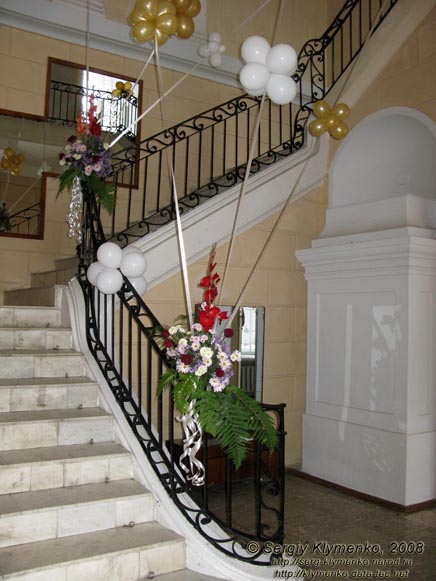

.jpg)
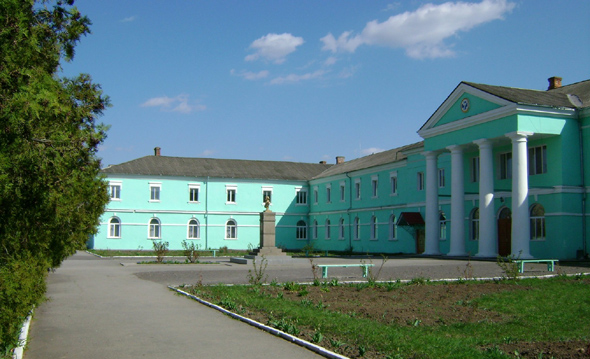
.jpg)